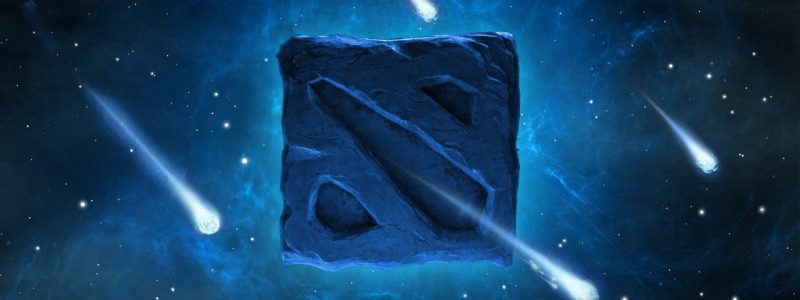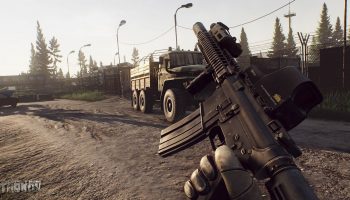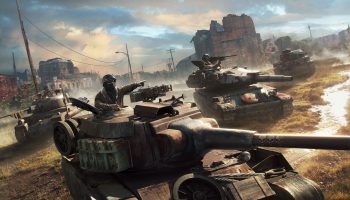Hey all.
I write a newsletter about esports marketing/branding and community management. As a longtime Dota fan (and as someone who's worked for a couple teams in a CM role), last week's stuff about the Major and how the community reacted to it got me writing. It's kind of a warning/analysis from a loving/sympathetic place, not from a malicious one.
A section:
To a lot of people, the awakening to how Valve care (not necessarily how much they care) is rough because it flies in the face of what brands have taught them over the last decade: fans and enthusiasts are king, and they have small amounts of ownership and influence over how it develops.
To Valve, it isn’t quite a malicious relationship, but they’ve removed the typical power structure of the brand-to-stan pipeline: they know people are going to play their games and use Steam regardless of what they do in terms of public-facing community building. They’d rather not do that management and interaction, so they don’t.
However, when events like this occur, people get hurt emotionally, because they believed that Valve was their friend — not literally, but in terms of forming a connection with Dota as a whole, that pseudo-friendship serves the same purpose.
After all, Valve fought for Dota. They of who owned the rights to it, between Blizzard (whose Frozen Throne game housed the original DotA: Allstars mod) and Riot Games (who filed an opposing trademark for “Dota” to Valve’s, since they owned DotA-Allstars, LLC, as a subsidiary).
If developing Dota 2 was a purely corporate move, and Valve wanted to squeeze it for all it was worth, it did not present that image from the start.
Source: https://www.reddit.com/r/DotA2/comments/s9ro0n/something_about_why_valves_lack_of_communication/







